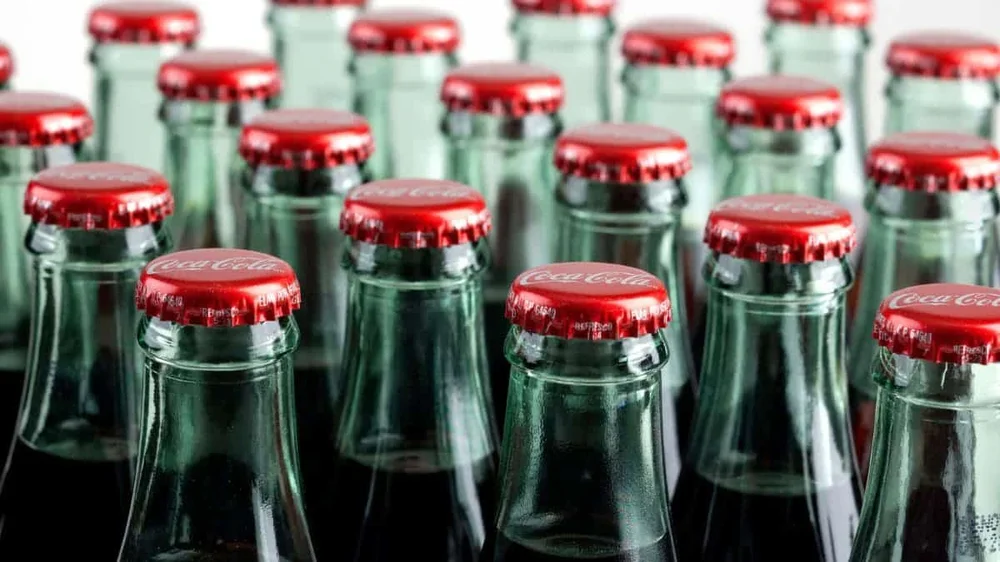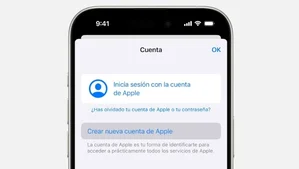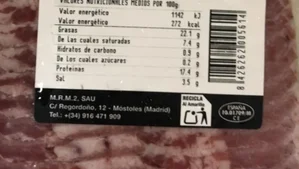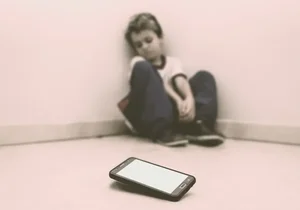Coca-Cola Initiates Massive Recall Across Europe Due to High Chlorate Levels

In a significant move to ensure consumer safety, Coca-Cola Europacific Partners has announced a widespread recall of several of its popular beverage brands across Europe, following the detection of elevated levels of chlorate in the products.
Recall Announcement and Affected Products
On January 27, 2025, Coca-Cola Europacific Partners revealed that routine testing at their bottling facility in Ghent, Belgium, had uncovered high levels of chlorate in various beverages. The recall affects a range of brands, including Coca-Cola, Sprite, Fanta, Fuze Tea, Minute Maid, Nalu, Royal Bliss, and Tropico. These products, sold in cans and glass bottles, were distributed in several European countries, including Belgium, Luxembourg, the Netherlands, Germany, France, and the UK.
Production Codes and Identification
Consumers are advised to check the production codes on their products, as those with codes ranging from 328 GE to 338 GE are subject to the recall. For the French market, specific lots such as Fuze Tea Peach cans (335 GE2) and Coca-Cola without sugars 1L glass bottles (337 GE1) are also affected, although these were not made available to consumers at retail locations.
Health Concerns and Regulatory Response
Chlorate, a chemical byproduct from the use of chlorine dioxide in water disinfection, can pose health risks, particularly to children. Chronic exposure to chlorate can inhibit iodine absorption, leading to potential kidney problems and disruptions in thyroid function, according to the European Food Safety Authority (EFSA) and the Luxembourg Veterinary and Food Administration.
Regulatory agencies in the Netherlands, Belgium, and other affected countries have issued warnings and recalls, emphasizing the importance of avoiding consumption of the contaminated beverages. The Dutch Food and Consumer Product Safety Authority and Belgium’s Federal Agency for the Safety of the Food Chain have been actively involved in coordinating the recall efforts.
Company Response and Public Health Assurance
Despite the detection of high chlorate levels, Coca-Cola Europacific Partners has assured that the risk to public health is minimal. An independent expert analysis has assessed the risk as "very low." However, the company has taken proactive measures to recall the affected products and ensure transparency. A spokesperson stated, "We have identified levels of chlorates which do not meet quality standards," and emphasized the company's commitment to removing all remaining affected products from the market.
Consumer Guidance
Consumers who have purchased the affected products are advised not to consume them and to return them to the point of sale for reimbursement. This measure is part of Coca-Cola's efforts to protect public health and maintain high safety standards.
Broader Implications and Ongoing Investigations
The recall has triggered broader reviews of Coca-Cola products in other European markets. In the UK, the Food Standards Agency is investigating whether any products with elevated chlorate levels have entered the local market. This incident highlights the critical role of rigorous quality control and routine testing in the food and beverage industry, as well as the importance of regulatory agencies in safeguarding public health.
As investigations continue, Coca-Cola Europacific Partners remains committed to addressing the issue transparently and responsibly, reinforcing their dedication to consumer safety and corporate responsibility.
Related Stories

Beware of Apple ID Scams as Black Friday and Christmas Approach
As Black Friday and Christmas near, Apple ID users are warned of sophisticated phishing scams. Learn how to protect yourself from urgent "account suspension" alerts.

Alert Issued for Listeria Monocytogenes in Various Spanish Meat Products
Spain's AESAAN issues urgent alert for Listeria in meats, urging consumers to check labels and avoid affected products to prevent health risks.

Staying Safe on Cyber Monday: Tips for Expats in Spain to Avoid Online Scams
Expats in Spain are urged to stay vigilant against online scams this Cyber Monday, with tips on avoiding phishing, fake sites, and ensuring safe shopping.

Three Decades of Child Protection: ANAR Foundation's Comprehensive Report
ANAR Foundation's report reveals three decades of child protection efforts in Spain, highlighting increased helpline calls and the need for digital expansion.

Alert Expanded for Listeria Monocytogenes in Meat Products in Spain
Spain's AESAN expands alert on Listeria in meat, urging rigorous safety measures amid rising listeriosis cases in Europe.